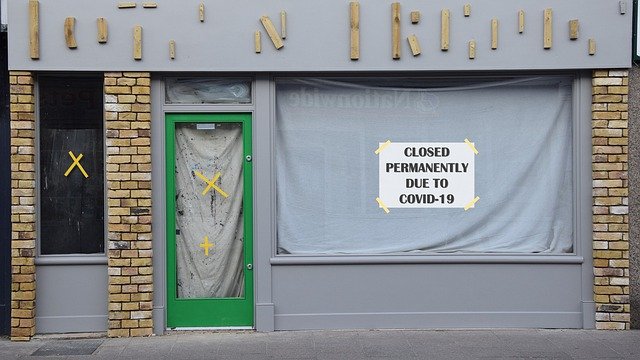 Economy
Economy 
Yesterday’s labour market statistics and budget should give everyone pause for thought.
There has been no economic growth for five years, since the financial crash began in early 2008.
GDP has been broadly static, in both Wales and the UK. In terms of employment, the total number of people in work shrunk by about 2%. And despite the headlines, over the whole period of the recession there’s been no marked increase in so-called flexible working – part-time, temporary and self-employment. Where there are variations, they are mostly short-term blips, ups and downs on the previous quarter rather than bigger shifts. The trend that stands out is that the economy and labour market are utterly flat.
The outlook is for more of the same. The Office for Budget Responsibility forecast growth of 0.6 per cent this year, 1.8 per cent in 2014 then rising steadily to 2.8 per cent by 2017. However, every forecast made by OBR to date has proved to be over-optimistic, with projections being revised downwards as it becomes clear that growth has failed to materialise. There is then no reason to expect that there will be any significant growth in employment for a number of years.
This would be bad enough on its own but coupled with changes in the population it makes for an even grimmer outlook. For at the same time as the economy is static, hundreds of thousands of people are moving – or more accurately being pushed – into the jobs market. Not only are there women whose retirement age is increasing apace, but there are thousands of lone parents being moved off Income Support and on Job Seekers’ Allowance. Add to this the thousands of Incapacity Benefit claimants being found fit for work, and the school-leavers and graduates coming onto the jobs market. And as the icing on the cake, Universal Credit will, it if goes as claimed, incentivise claimants to take ‘mini-jobs’ or part-time work.
Looking at the number of jobs in isolation from the number seeking work is therefore only a partial picture.
The main effect of this influx of people into the workforce so far has been to keep unemployment high and depress wages. Earnings have been virtually unchanged during the recession, with wages at the bottom of the heap – precisely where people who have little recent work experience might hope to start work – being especially hard hit. With more and more people chasing a limited number of jobs, there’s not going to be an upsurge of wages for a very considerable time indeed. Even if there is economic growth from 2015, and I am not holding my breath, it will be a considerable time before it feeds into an increase in jobs and a reduction in employment.
All of this is a very major challenge. So much of late 20th and early 21st century government policy as well as public expectations are based on at least modest growth and reasonably full employment.
We’ve already had 5 years of stagnation, declining living standards and mass unemployment with every prospect that they will continue for another 5 years.
When this assumption is, at best, optimistic and at worst, a false promise, we need a different way of thinking.
Victoria Winckler is Director of the Bevan Foundation


